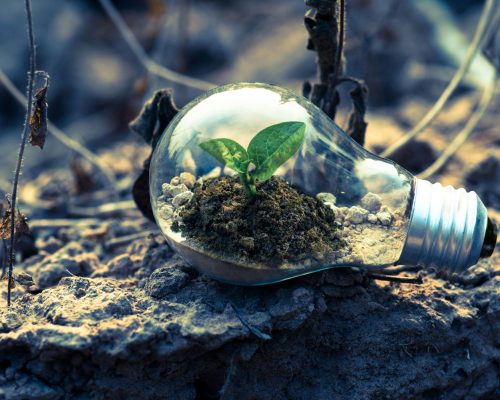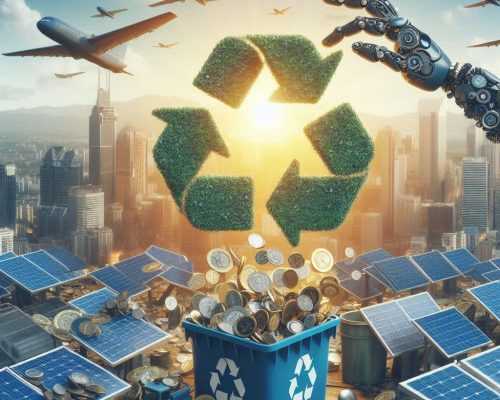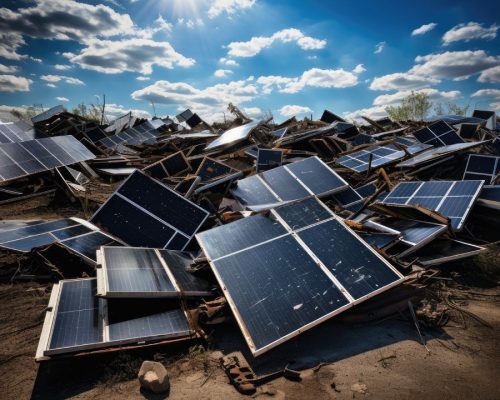Transforming Solar Waste into Sustainable Solutions
Journey to tackling Nigeria's solar waste problem and creating a circular economy for renewable energy.
Transforming Nigeria's Solar Waste into a Cleaner Future
There is an opportunity for formal players to enter the solar waste management sector
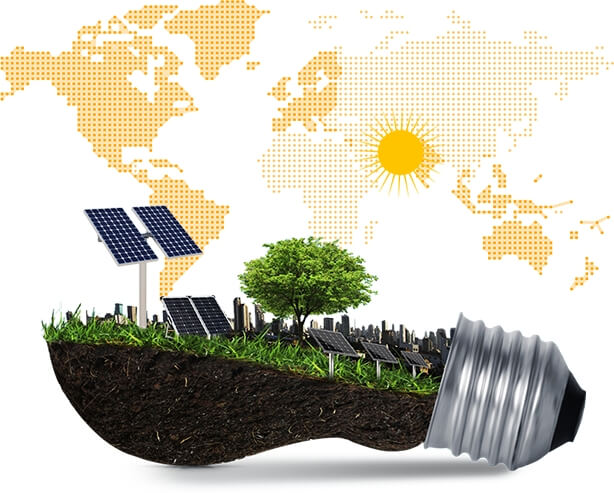
Recycle and Shift Renewables
Our Vision &
Roadmap
At Recycler and Shift Renewables, our vision is to build a sustainable future for solar waste recycling in Nigeria. We are committed to transforming solar waste into valuable resources, reducing environmental impact, and fostering economic growth through innovation and collaboration. Together, we are building a sustainable future where renewable energy powers Nigeria, and every solar component is part of a
responsible, circular system.
Solar Components Waste Recycling in Nigeria
As Nigeria embraces the renewable energy revolution, solar power has become a vital solution to the country’s energy challenges.
From powering rural communities to supporting urban industries, solar technology is paving the way for a greener and more sustainable future.
However, with the increasing adoption of solar solutions comes a pressing challenge: managing the waste generated by decommissioned solar
components such as panels, inverters, and batteries.
Currently, the lack of a structured system for solar waste recycling in Nigeria poses environmental risks and represents a missed economic opportunity. Materials like glass, aluminum, silicon, and lithium can be recovered and reused, reducing the need for raw material extraction while creating jobs and fostering innovation.
We are here to address this gap. Our mission is to create a sustainable ecosystem for recycling solar component waste, ensuring that Nigeria
maximizes the benefits of its renewable energy transition without compromising the environment. By focusing on recycling, repurposing, and resource recovery, we aim to: Protect the Environment, Support a Circular Economy, Create Employment Opportunities, and Promote Sustainability.
Through our efforts, we envision a future where Nigeria leads the way in sustainable solar waste management, setting an example for the rest of
Africa and beyond.
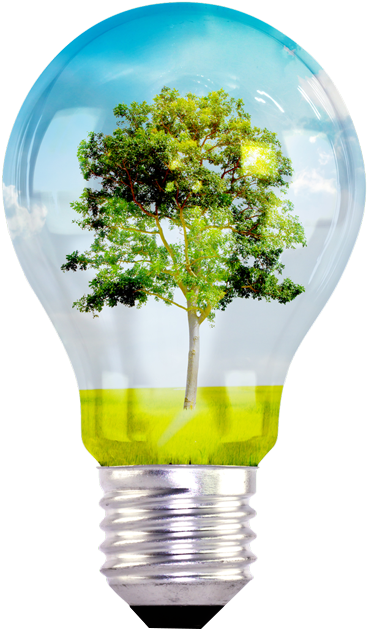

Growing Solar Waste
With increasing solar adoption in Nigeria, end-of-life solar panels pose a significant environmental challenge.

Limited Infrastructure
Currently, there are no dedicated facilities for processing solar components waste in Nigeria.

Urgent Attention
Solar waste disposal and recycling in Nigeria is stifled by inadequate regulation and absence of formal collection systems.
 Why We Need to join hands
Why We Need to join hands Cumulative Import Value of Solar Components
In the last three years, there has been an influx of solar power components into the domestic market. The increase in import of solar components has been largely driven by the shift towards renewable energy generation, which is enhanced by the efforts of the government and impact investors towards upscaling the reach of off-grid renewable energy.
The table below shows the values of components imported into Nigeria between 1 January 2018 and 31 August 2021. Lead acid and lithium-ion batteries include imports, which were not intended solely for utilisation in renewable energy generation. Over USD350 million of components imported between 1 January 2018 and 31 August 2021 are expected to be utilised in the generation of solar power.


